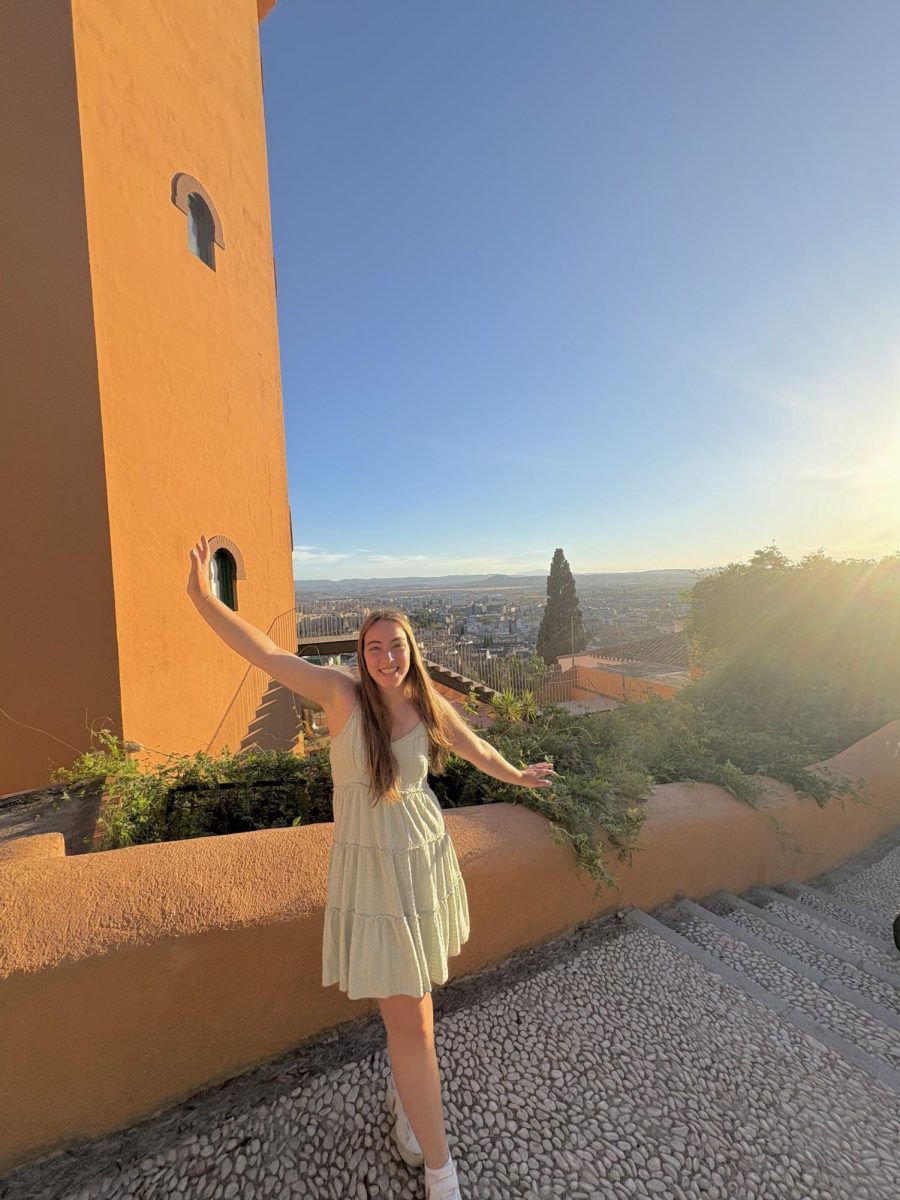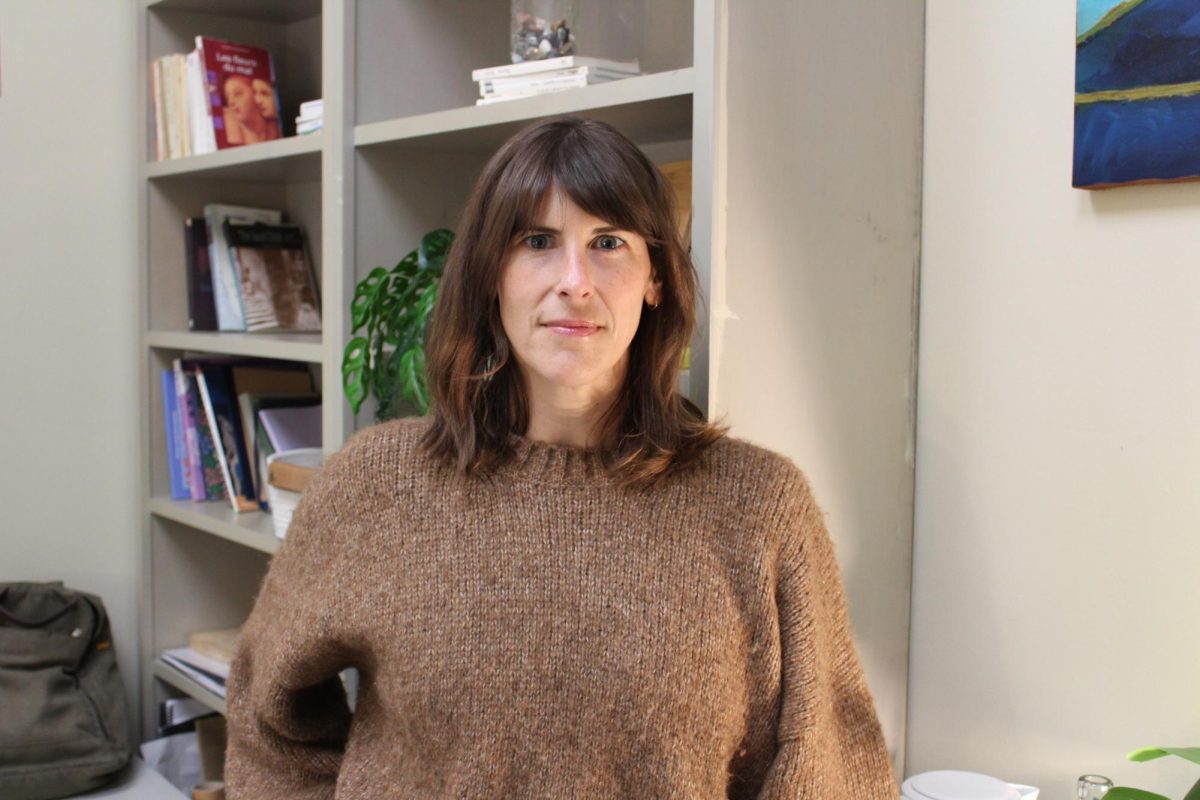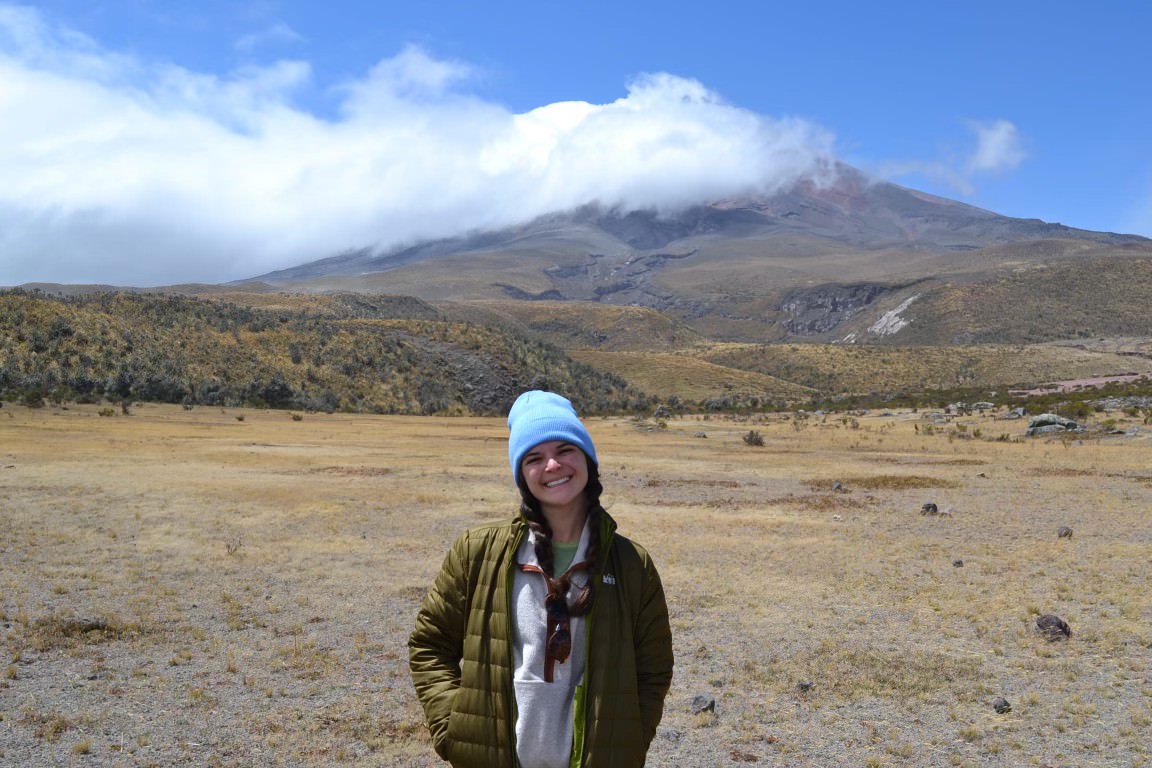Entering South African culture
Just over two weeks ago, I departed from Charlotte, N.C. and spent over 24 hours traveling to Cape Town, South Africa. Although I was anxious about the process, I was fortunate that my travel process was relatively smooth, with no delays or issues.
I have been on South African soil for over two weeks now, and I have already had many experiences inside and outside of Cape Town, but one, in particular, has been on my mind ever since.
As I think many students can agree, studying abroad is about more than relishing in luxury as if you’re on a five-month vacation (which don’t get me wrong, is fun…but not sustainable), but rather, to have authentic experiences in your host country. In South Africa, that may include visiting a township.
In Apartheid South Africa, black people were evicted from areas that were designated “white-only” and forced to move into segregated townships. Apartheid was, in part, “successful” because of this spatial engineering that removed Black Africans, people of mixed race, and Indians from the center of cities and forcing them out to the periphery. Despite being 25 years removed from Apartheid, the effects are very much still visible, especially in the still existing townships. The third day of our IES orientation took us to spend a day with the residents of Langa township.
As we were introduced to Langa, we learned that the Apartheid government designed townships in a way to prevent their development or growth. And yet, Langa has defied that expectation and persisted in their growth, their economy, and their culture. On the walls of the art center, I saw this quote which described their resilient nature perfectly:
“We must become something we have never been and for which our education and experience and environment have ill-prepared us. We must become bigger than we have been: more courageous, greater in spirit, larger in outlook. We must become members of a new race, overcoming petty prejudice, owing our ultimate allegiance not to nations but to our fellow men within the human community.”
– Emperor Haile Selassie’s speech to the United Nations General Assembly in 1963
At the beginning of the day, we visited their vibrant arts center and their historic court of law which has been turned into a museum. We walked around their neighborhood, which was vibrating with children playing, people cooking, laughing and singing. Many of the children came up and played with us as we listened to our tour guide (a local resident) tell us about Langa daily life and culture. And finally, we ate dinner cooked by the famous local restaurant, Mzansi along with music and dancing.
Though I view my time in Langa as a valuable part of the South African experience, it does not and should not come without personal criticism. In other words, touring a township can be a positive experience for both the tourists and the residents, but those positives cannot exist without negatives. It’s hardly surprising that what has come to be known as “poverty tourism” has spurred debate. Critics and some residents of these areas that are being toured argue that tours of townships are deeply exploitative, degrading, and inhumane. Not even a week into my stay in South Africa, I was already forced to confront these questions.
This is a question that I am not able to answer. However, some clear rules that I took away from this experience to keep in mind were:
- Tour with a local group led by someone who is from the community, so that there is a component of benefit to the local community rather than a big corporate tourism company.
- Ask what sort of consent or rights the people being visited have i.e. if you are taken inside of a home have the owners given permission?
- How authentic will the visit be? Responsible tourism requires more effort than sitting on an air-conditioned bus and gawking at the people. Take a walking tour so that you are given the opportunity to interact.
- Picture-taking policies are quite important. Remember you’re in a neighborhood, so act like you’d want someone to act in your neighborhood. Many people might love having their picture taken, but this does not mean that you have free reign to take pictures of anyone. Asking for permission (or parental permission, in the case of children) is basic respect!
While I did my best to follow all the “rules” of being a responsible tourist, I still wrestle with the morality of touring Langa ever since we went, but I have finally found some peace in realizing that I should not rationalize the experience to make myself feel better about it–that would be a disservice to all those involved.
For my part, I do want to catch glimpses of life as it really is for many people throughout the world. Yet I want to be sensitive to the fact that what I’m seeing when I travel is real life–not a show put on for my own amusement. Township tourism can be othering, and it could be easy to have an attitude of “I went in there and had a look, but at least I can leave and go to a whiter/wealthier area now,” without really reflecting on the impact of the actions. There can be a moral downside to anything we can imagine trying, but I think that if we live in a world in which we are completely unaware of how other people are living there is also a huge downside to that.

































